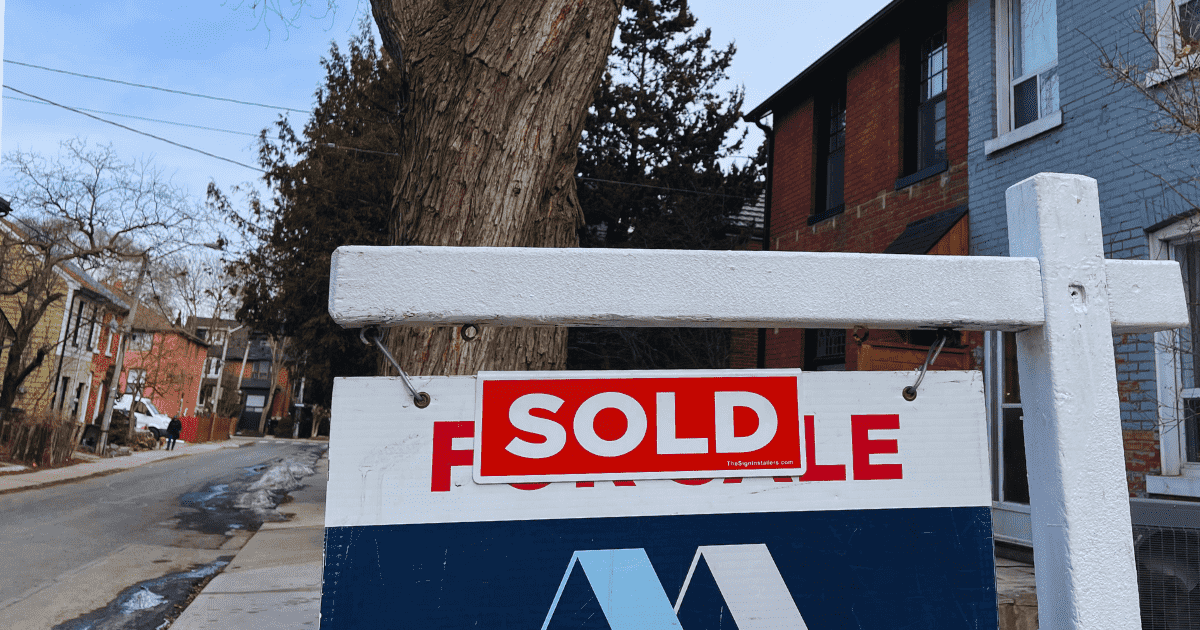Amidst chaos, we create certainty by latching onto the leader who can steer the ship in the right direction. This human knee-jerk reaction to pandemonium is evidenced by any historical event, except this time who we latched onto was entirely different. COVID-19 has fundamentally redefined what skills are needed in a leader.
What society values and who we crown as an excellent leader has, thankfully, dispensed with values dictated by Friedman’s dated management theory that placed a firm’s sole responsibility to its shareholders. Under this theory, if a crisis hits, everyone is a target to be thrown overboard. So leaders over the last 30 years have been conditioned to keep a sharp eye on the bottom line, dispense of the fat (read: employees) to boost shareholder value and get the most out of employees with minimal investment in those employees.
This type of leader fired a mass number of employees when COVID-19 hit and made no effort to address the obstacles – practical, mental or physical – faced by the surviving employees who fell on the “right side” of the balance sheet. While this type of leadership continues to be rewarded in certain sectors, a canvas of the management in real estate revealed a new type of leadership.
The leaders who were the most effective in digging their companies and countries out of total turmoil are New Zealand’s popular Prime Minister Jacinda Ardern, Germany’s resonant leader Chancellor Angela Merkel, NBA commissioner Adam Silver, 3M CEO Mike Roman and the remarkable Dan Price, CEO of Gravity Payments, who famously slashed his own salary to pay everyone a fair wage. These figures come from different worlds and share little in common except for how they described their leadership – honest, empathetic and relational.
They understand that being the leader isn’t about being in charge but taking care of those who are in our charge. They focused on the people on the ship, not the ship. They gave the people better paddles, cultivated a positive and safe emotional climate with a clear vision as to how to weather the storm together. They made personal sacrifices and plugged holes faster and better than Friedman-inspired organizations where fear of getting fired motivated decisions, not saving the boat, which, ironically, depletes shareholder value and ultimately sinks the ship.
The best leaders have genuine emotion and commitment and deliver better financial results by boosting management’s effectiveness in meeting targets, lowering organizational turnover and helping individuals thrive during times of uncertainty.
During this crisis, the real estate industry’s leaders prioritized communication and empathy. Leading in this fashion is not novel to some of our leaders such as Sherry Chris, president and CEO, Realogy Expansion Brands. She says: “I have often been asked how my leadership style changed during COVID and the truth is, your leadership style doesn’t change. You utilize all of the strengths and best practices you have learned over the years to lead your brand, your company, your agents through whatever the situation is.”
She says leaders should focus on communication to alleviate fear of the unknown. “Concentrate on both short-term and long-term goals to plan for the present and future and finally truly care about those who are around you. Acts of kindness – giving without asking for anything in return – can go a long way both in business and personal relationships.” Given the recent shareholder success of Realogy, this is another example of how Friedman-style leadership is out of fashion.
Harley Nakelsky, president of Baker Real Estate in Toronto also pointed to the ability to adapt and innovate quickly as a result of being fair, trusting staff to make the right decisions and to remain positive and flexible. Miles S. Nadal, founder and executive chairman of Peerage Capital, assured the leaders of the companies under the Peerage umbrella that he would support all of them throughout the pandemic. His ability to see opportunity in the midst of uncertainty and commitment to the long term is also characteristic of some of the world’s most successful leaders.
Jose Ribau, EVP, digital and innovation at Cadillac Fairview has long since been behind the CF engine of digital innovation and transformation. His team faced many challenges as enclosed retail malls faced COVID-19 lockdowns. He says he successfully navigated his ship by applying “three main lessons: 1) be genuine and transparent; 2) pivot to the environment and drop everything to defend the core business; and 3) reward and recognition is even more important when working remotely.”
Similarly, John Berkowitz, successful serial entrepreneur and co-founder and CEO at OJO Labs, asserted his leadership as one that put his people first and is tune with creating a culture of vulnerability – not through crying fits, but rather “ruthless transparency”, admitting that “you don’t have it all figured out”, trusting and empowering your people and demonstrating resilience by admitting error and still “getting back up every time”.
Jeffrey Hauswirth, vice chairman at Ferguson Partners Canada and vice chair at Second Harvest, has tremendous experience searching out and creating some of Canada’s best leaders. His unwavering perspective on who came out ahead as leaders are those who understood that Zoom calls and chaos blended the work and home life into one. Everything became “personal”, making “a healthy dose of sincere empathy” critical.
Honesty, a common theme, also described the best leaders: “More energy has to be expended by successful leaders to be realistically optimistic with their team and the opportunities that lay ahead or even opportunities that have been created by COVID,” says Hauswirth. Finally, as a testament to the inapplicability of Friedman’s “shareholder’s first” mentality, Hauswirth asserted that generosity from leadership, not “bottom-line thinking” is what made certain companies thrive. “In my view, this crisis has created a moment of truth, for example do you lay off, or do you ask your senior management team to reduce their compensation? While this may seem counter intuitive, now is the time to be generous, not frugal, not just as it related to commercial rewards, but about your time, your energy, your sensitivity and your appreciativeness,” he says.
We all have the capacity to be great leaders, so long as we shed 30 years of conditioning to believe in prioritizing profits over people. As our own successful leaders show, prioritizing people over profits guarantees a ship safely docking.
Natalka Falcomer is a lawyer, real estate broker and Certified Leasing Officer who started her real estate career in private equity. She created, hosted and co-produced a popular legal call-in show on Rogers TV and founded and recently sold Groundworks, a firm specializing in commercial leasing law. She is currently the Chief Real Estate Officer of Houseful.ca, leading the development and expansion of the company’s personalized home buying and selling experience for the Canadian market. She sits as an advisor on NAR REACH Canada and is the former multi-year board member of the Ontario Trillium Foundation.

















